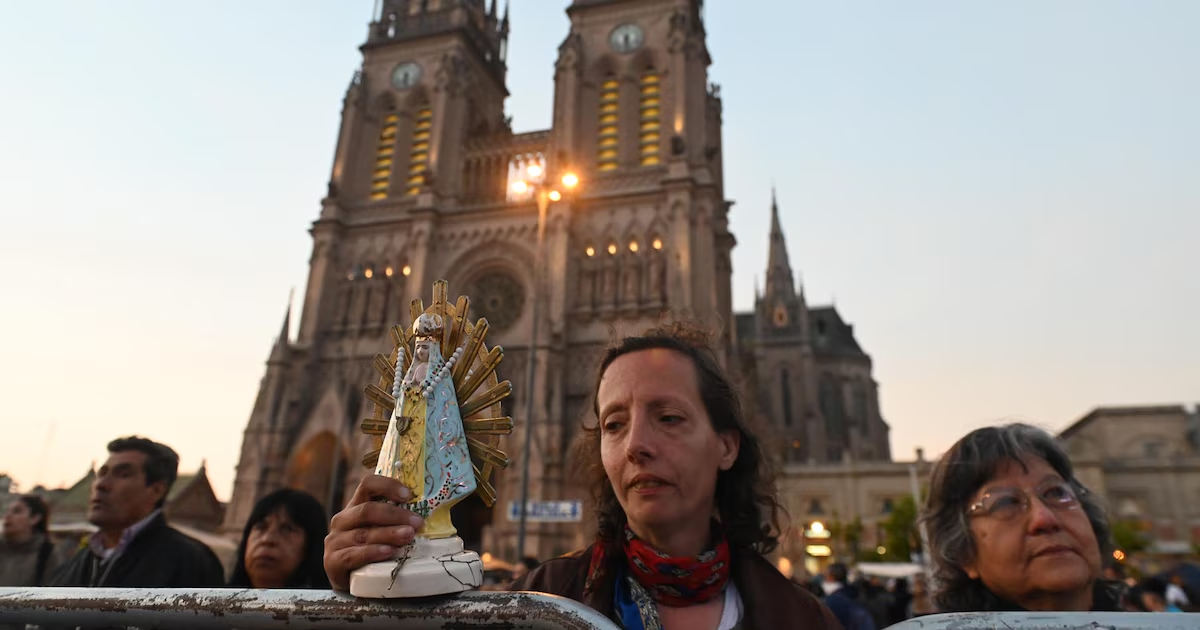
The tourist said to the guide, “Congratulations, your city has many temples. It shows that the citizens love God very much.” The guide replied with a sarcastic smile: “They may love God very much, but I don’t see how they hate each other.”
God is back in public lifeFrom former “pagan” singers who release albums of Christian songs and religious forms in various ways, to prayers to heavenly forces that seem to intervene in political life. Everything from the powers of heaven to the missionaries of Francis.
The call to God surprises us: What God are we talking about? This use of religion for collective benefit, to the detriment of many, has been happening for centuries. Pascal said, “God created man in his own image, and he paid him with the same coin.” The Frenchman was not lost. Claims that God is on our side often contain contradictions that cannot be ignored.. For example, they refer to “heavenly forces” and belittle immigrants and the poor by calling them lazy, criminals, and “schemers.” Or they may (literally) cancel or defeat those who champion alternative ideas in the name of a particular progressive doctrine.
We already know that all theology is political, that is, all statements about God have political consequences. You don’t have to be innocent. The problem is different. Theologian John Sobrino writes that one of the big problems in Latin America is not atheism, but the idols that have made Christians live out Christ. We in the church run the risk of turning God into an idol, a statue that we can manipulate to our will. That is idolatry. In the face of a God who is mysterious and does not allow himself to be manipulated, we construct a God that is favorable to our beliefs and political agendas. Ancient and recent history is rich with examples.
And the fundamental characteristic of anything that is connected to God is love. The reality that best represents it is love, especially kindness toward the suffering, the weak, the hungry, the thirsty, the sick, and the immigrants. Simone Weil says, “She knew whether someone believed in God or not, not by how they spoke of God, but by how they spoke of their fellow men.” Christ said this directly: “It is not the one who calls me Lord, but the one who does the will of my Father who will enter the kingdom.” Mentioning God can be questionable (and scandalous) if certain actions or choices generate hatred, cruelty, or cancellation.
After all, in the face of the smoke of so much discourse about God, perhaps we will realize that God’s best friends are not those who proclaim God on all sides, but rather those who, silently and anonymously, often without any religion, help the poor, visit the sick, defend the retired, welcome immigrants… those who, in the words of Borges, are “unwittingly saving the world” among the “righteous”.


